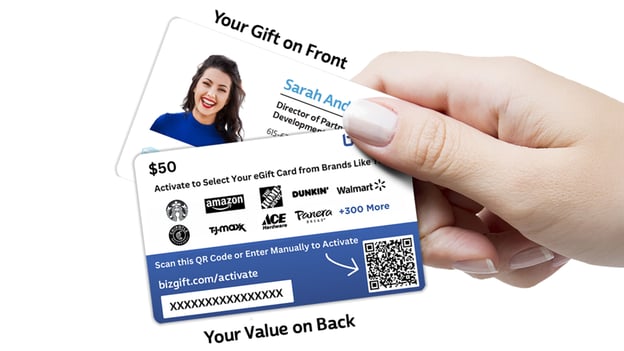Today, companies are recognizing the true value of their workforce. Not just as employees, but as vital pieces in the intricate puzzle of corporate success. This recognition has increasingly translated into tangible and intangible acts of appreciation.
The Investment in People
The rise in work-from-home culture, virtual collaborations, and increasing emphasis on employee well-being has transformed the way U.S. companies approach employee appreciation. As per trends up until 2021, companies of all sizes have been allocating a significant part of their budgets to employee appreciation strategies.
Small Businesses: The Backbone of Appreciation
Small businesses, often celebrated for their close-knit work environments, lead the charge in creative acts of appreciation. On average, small businesses allocate anywhere between $50 to $150 per employee annually on tangible gifts. These gifts, though smaller in value, often carry a personal touch. Moreover, many small businesses also invest in training programs, occasional bonuses, and wellness incentives, ramping up their per-employee spending.
.png?width=500&height=292&name=Blog%20Image%20(6).png)
Mid-Sized Companies: Bridging the Gap
Mid-sized companies often juggle the intimacy of smaller businesses with the resources of larger corporations. Their spending on employee appreciation gifts tends to range from $100 to $500 annually per employee. These organizations also recognize the importance of training opportunities, team-building exercises, and wellness programs, which can often bring their total appreciation spending to significantly higher figures.
Large Corporations: Big Numbers, Bigger Impacts
Major corporations, with their vast resources, have been known to spend anywhere from $500 to over $2000 annually per employee on tangible gifts. But it doesn't stop at gifting. Many of these corporations have extensive employee appreciation programs that include performance bonuses, stock options, sponsored vacations, and more.
Beyond Tangible Gifts: The Spectrum of Appreciation
While tangible gifts play a pivotal role in employee appreciation, U.S. companies have broadened their horizons. Days off, wellness programs, and training opportunities are becoming commonplace. The investment in these forms of appreciation, though harder to quantify, is just as crucial.
For instance, a company might spend $100 on a tangible gift but investing in a $500 training program for an employee not only shows appreciation but also empowers them to contribute more effectively.
The BizGift Advantage: Subtle Yet Significant
In this era of personalized appreciation, tools like BizGift offer a nuanced approach. Rather than a one-size-fits-all gift, allowing employees to choose their token of appreciation adds a layer of personal touch, even in large corporations. It's a subtle way of saying, "We recognize and celebrate your uniqueness."
Employee appreciation in the U.S. is not just an act but an investment. Companies understand that their success is intricately linked to their employees' happiness, satisfaction, and well-being. The dollars spent on appreciation aren't expenses; they're investments in the company's future.
Companies, regardless of their size, are seeing the immense returns of these investments, not just in numbers but in the form of loyalty, innovation, and a vibrant work culture. In the world of business, as the adage goes, "People may forget what you said or did, but they'll never forget how you made them feel."
.png?width=500&height=200&name=BizGift%20Card%20Market%20FINAL%20COLOR%20(EC%20Approved).png)

%20(58).png?width=624&height=427&name=Blog%20Image%20(600%20x%20350%20px)%20(58).png)
%20(1)-1.png?width=624&height=427&name=Blog%20Image%20(600%20x%20350%20px)%20(1)-1.png)